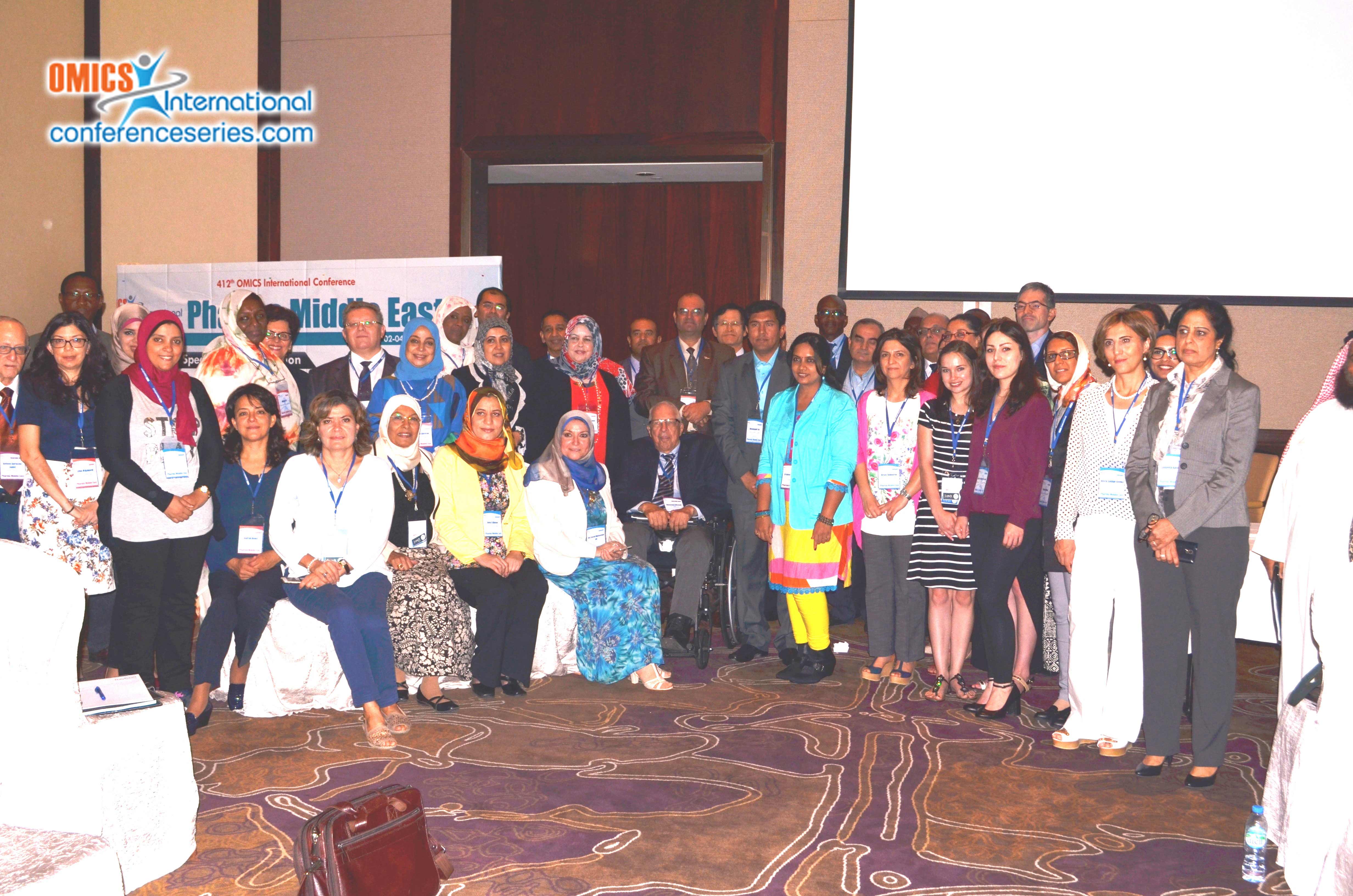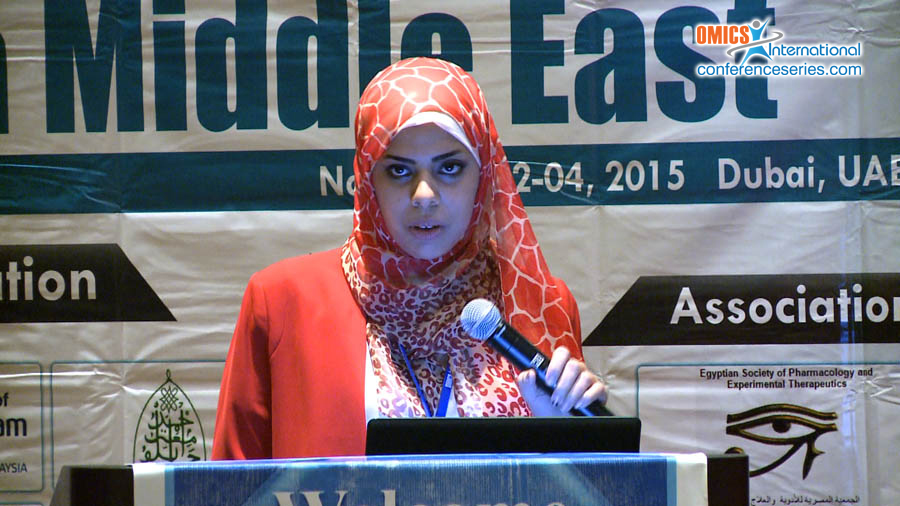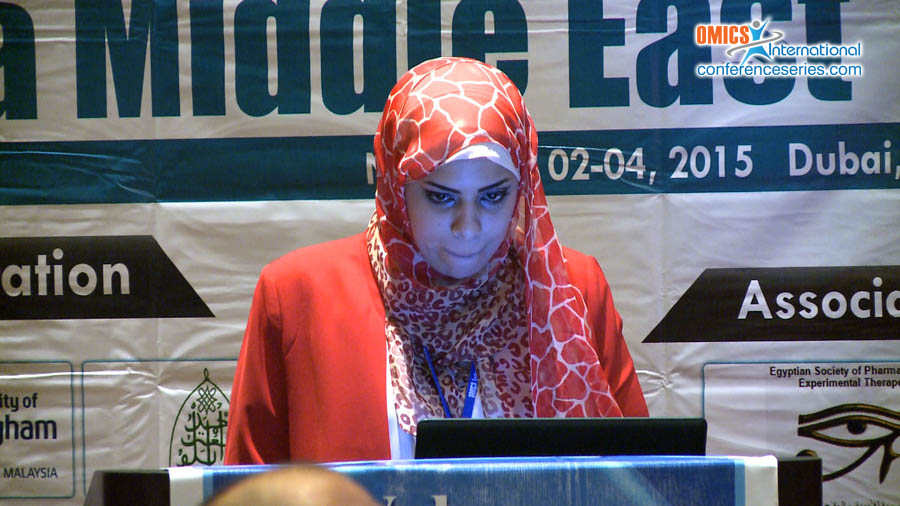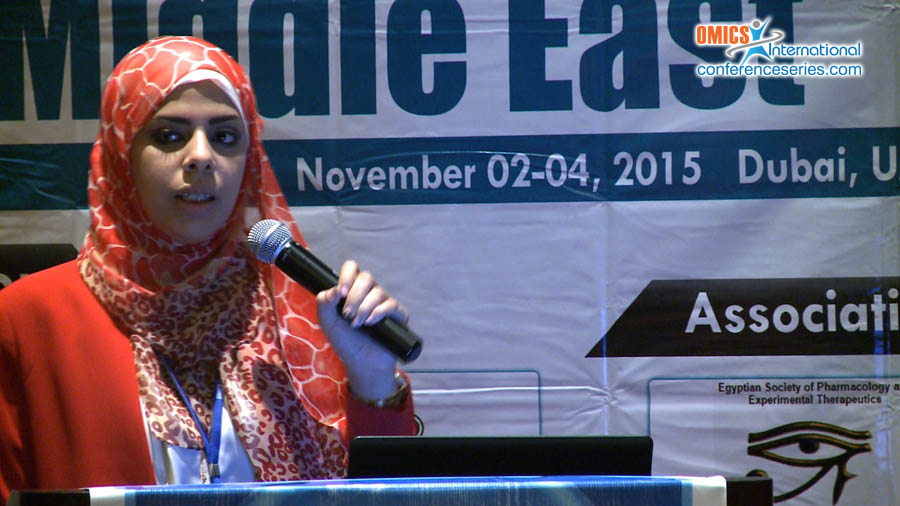
Fathia El Sharkawi
Helwan University, Egypt
Title: The effect of PTEN and TRAIL genes loaded on nanoparticles on hepatocellular carcinoma
Biography
Biography: Fathia El Sharkawi
Abstract
Effective therapy to Hepatocellular Carcinoma (HCC) is currently lacking, creating an urgent need for new therapeutic strategies. Gene therapy approach that relies on the transduction of cells with apoptotic genetic materials such as Phosphatase & Tensin homolog (PTEN) and Tumor Necrosis Factor (TNF)–related Apoptosis-Inducing Ligand (TRAIL) genes have the potential to become promising anti-tumor therapy reagents and may provide a novel approach for cancer treatment. PTEN gene is one of the most frequently mutated genes in a variety of cancers its mutation has been observed in 40% to 50% of HCC tumors has been implicated in regulating cell survival signaling. TRAIL gene belongs to the TNF cytokine super-family, it induces apoptosis in a wide variety of transformed cell lines. The killing activity of it is cancer-specific and has little or no effect on most normal cells. The therapeutic genes may be delivered by viral or non-viral vectors. The toxicity associated with viral vectors would preclude them from being used systemically to treat diseases, The success of gene therapy is largely dependent on the development of a vector or vehicle that can selectively and efï¬ciently deliver a gene to target cells with minimal toxicity such as to incorporate genetic materials into functionalized nanoparticles with little toxicity, this demonstrates a new era in pharmacotherapy for delivering genes selectively to tissues and cells. The aim of the current study is to deliver TRAIL & PTEN genes on suitable nanoparticle as a novel therapy for hepatocellular carcinoma.





